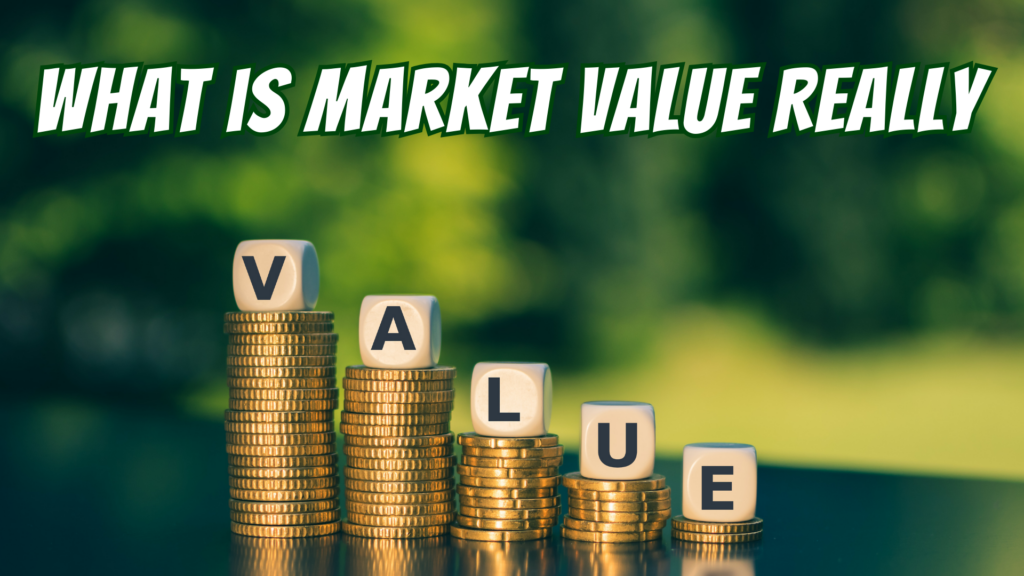Market value is one of those terms that everyone uses without thinking too much about it. In real estate, each parcel’s legal description is unique, making each parcel of land a unique thing that is never repeated in the world. Why should we believe that some external, universally agreeable idea of “market value” should apply to something unique? Well, maybe we shouldn’t.
This might be remedial, but to effectively communicate with sellers who believe their land is worth X, it will help to first reassess what a market is, and how complete that market is. This is almost too basic to revisit from whenever we learned about financial stuff in high school or college, but I found that giving it another round of thinking helped me to talk to sellers who may have a larger emotional attachment to their land than I’d like.
The “market value” of an asset is always dependent on the first word in that phrase: market. Value is dependent on the market you’re talking about, and the completeness of that market. Value is only universally agreeable within highly liquid, “complete” markets. That is, markets with plentiful buyers and plentiful sellers, such as the international currency markets or to a lesser, but more familiar extent, the stock exchanges.
Real estate is an illiquid, imperfect market, with deals sitting on market for weeks, months or years, and that’s just for houses which have way more demand than vacant land. So the market is even more incomplete for vacant land — much more subject than currencies or stocks to the truism that an asset is worth what someone is willing to buy it for. In stock markets, that’s expressed as the Bid. And the seller’s imagined value is the Ask. In complete markets, the spread between the two is very low, because enough market makers are out there buying up a huge amount of stock and competing with each other for the width of the spread, and the spread being low enables a lot of trading volume because there is a certain amount of confidence surrounding value.
Can you imagine a stock trade taking weeks to complete, as if it were a real estate market? Not really, right? Because we’ve always experienced complete markets in the context of stocks and currencies. But, if a three-week stock transaction were to happen, it would be the result of some situation that turned the stock market into an incomplete market. The extended time on market for your stock shares would be due to the lack of market makers, the bid/ask spread being much higher than normal.
For rural vacant land, our experience fielding responses from our offer letters is an example of the bid/ask spread being high for vacant land in the county we’re mailing. If you’re the only market maker, then you’re setting the price pretty singlehandedly. To a seller, the market is so illiquid, with so few buyers, that it has been reduced to a buyer sending snail mail with their “bid” and they either reply with their “ask” or they accept the bid.
Of course, there’s always the actual retail real estate market. But that’s only how we establish our pricing spread. Information is the big equalizer, so, along with the diffuse nature of the real estate market, information disparities will always partially be what we are running on with this business model. With our direct mail offers, we’re creating a secondary, on-demand, closed-circuit, garage-sale real estate market. We are the only market maker in that phantom market, which remains open as long as our offer is valid. “Market value” starts to lose its meaning when you’re able to do this, doesn’t it?
Take a moment this weekend to connect with a fellow investor, join a discussion in our community, or dive into a new podcast episode.
If you’re ready to join these members and call yourself a successful investor in the next 60 days, join us now.
Not a member yet and want to get involved?
Request a free one-time special access invite to our closed weekly member call here or click the button below!
Here you can see the deals our current Land Academy members are doing, ask questions, watch deal reviews, connect with members, and more.
You are not alone in your real estate ambition.



